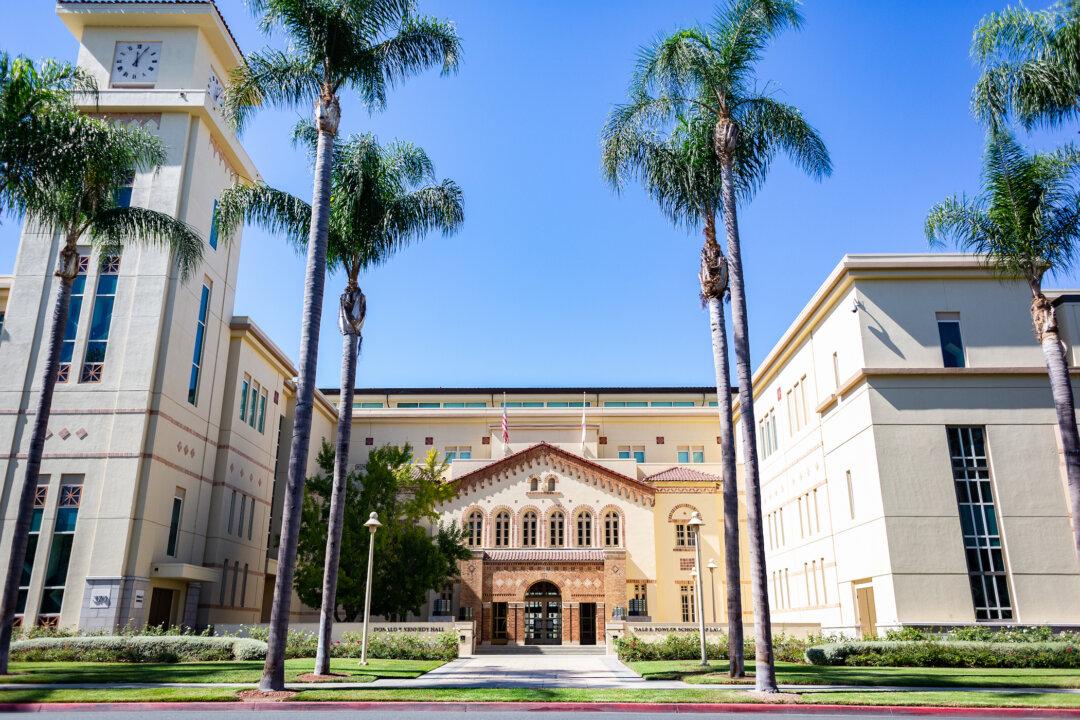Students at private universities who are accused of abuse will be given a chance to respond, but do not have a right to cross-examine their accuser, the California Supreme Court unanimously recently ruled.
The decision, handed down in a 7–0 vote by the state Supreme Court on July 31, stems from the University of Southern California’s 2017 decision to expel then-student and football player Matthew Boermeester after his then-girlfriend, identified in the case as Jane Roe, accused him of drunken violent assault.





